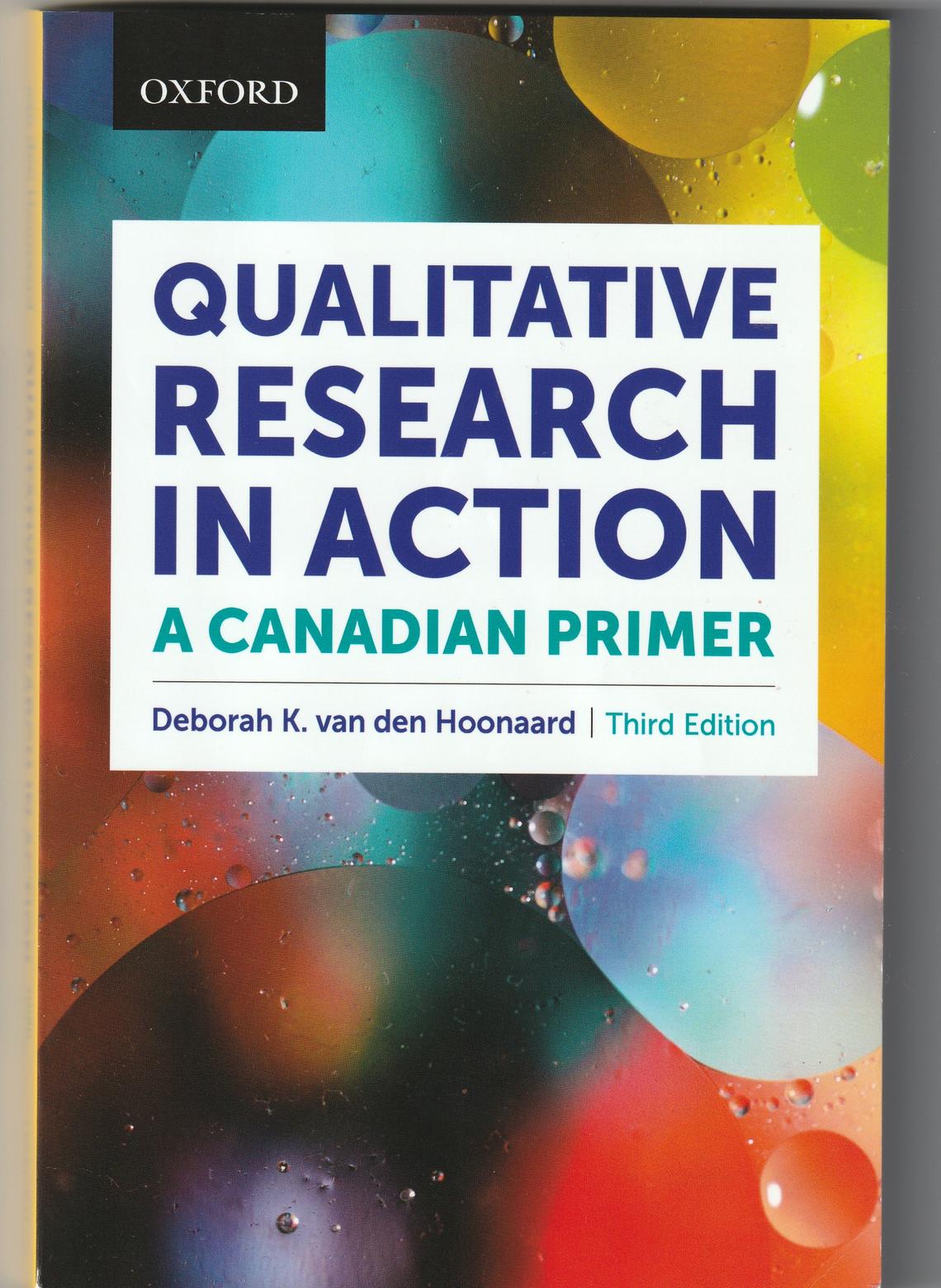March 15, 2021
What We Are Learning This Week with Dr. Roberta Rice

March 15, 2021 in POLI 398 Qualitative Research Methods
This week in POLI 398 Qualitative Research Methods, Dr. Rice is exploring how to conduct in-depth, open-ended interviews—those directed conversation between the researcher and the research participant that seeks to elicit the inner views of the respondents’ lives as they portray their worlds, experiences, and observations. Conducting interviews is one of the most intimidating yet rewarding aspects of qualitative research.
Can you tell us a little more about this topic?
In-depth, open-ended interviews are the hallmark of the qualitative research tradition. The qualitative interview is a directed conversation between the researcher and the research participant that seeks to elicit the inner views of the respondents’ lives as they portray their worlds, experiences, and observations. The qualitative research tradition emphasizes the two-way exchange of information between the interviewer and respondent. It is meant to be a conversation for mutual benefit that can take place anywhere—in community centers, at kitchen tables, or at the local marketplace. An effective interviewer is knowledgeable, sensitive, open, flexible, critical, and, above all, curious.
What else do you cover in your course?
This course introduces students to qualitative research methods used to conduct Political Science research. While the quantitative research tradition has long dominated the field of Political Science, we are witnessing a resurgence in qualitative methods within the discipline. Our course looks at issues of research design and methods as well as tools for collecting and analyzing qualitative data. The topics we cover include the basics of research design, ethics in qualitative research, decolonizing methodologies, researching primary documents, participant observation, focus groups, and conducting interviews. This year, students are applying their research skills through a primary document analysis project.

How did you come to develop this course?
Before my Ph.D. in Political Science, I did two degrees in Environmental Studies where I learned all about the qualitative research tradition. While conducting field research for my dissertation on Indigenous peoples’ political parties in the Andes, I drew extensively on my qualitative research training. I continue to be a qualitative researcher at heart. When I saw that POLI 398 was a course in our department, I jumped at the opportunity to teach it.
Finally, what other courses would you recommend for students interested in this topic?
Students who want to continue to develop and expand the research methods which they can use in their own projects and papers should look at POLI 397 Introduction to Research Methods and POLI 399 Quantitative Research Methods.

